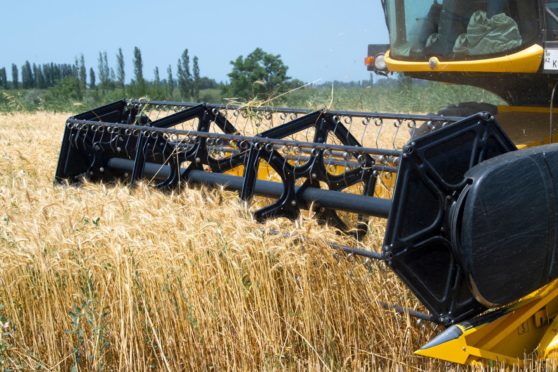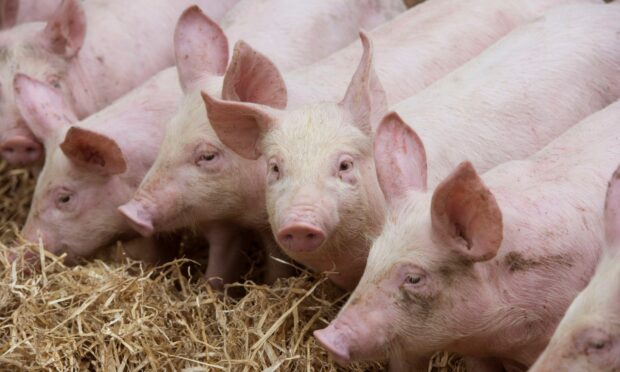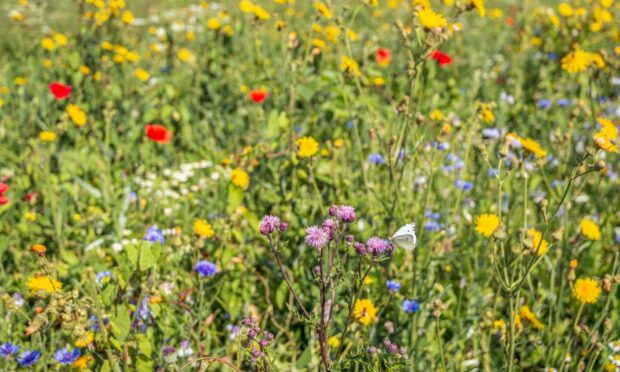The European Commission’s short term market outlet is dominated by the fallout from what it describes as “Russian aggression” in Ukraine.
It says this has added an “unwelcome layer on instability” to already tense markets.
The Commission says that while the EU is largely self sufficient in food and a net exporter there are issues around affordability.
It says that for grain 2022 will see record output, thanks to the easing of regulations to allow more planting – it is forecasting a final harvest close to 300 million tonnes.
It says grain exports will surge in response to demand from those that relied on Ukraine and Russia.
The Commission describes oilseed prices as “skyrocketing” but claims EU availability will not be an issue because of increases in production.
On dairy it says higher costs, even before the present crisis, led to a drop in milk production and cow numbers, meaning consumer prices will increase, although milk supply is not an issue.
On beef it says production will fall again, despite high prices, while pig production will suffer because of lower prices and higher costs.
Poultry production will rise, but prices will reflect higher grain and other input costs.
Meanwhile, food security has rocketed to the top of the EU agenda and will remain there, as all member states grapple with the reality of food shortages and rising prices.
At a meeting of farm ministers the EU farm commissioner, Janusz Wojciechowski, warned that events in Ukraine were causing, and would continue to cause, “unprecedented” threats to the stability of the EU and global food systems.
In his comments he reminded ministers that 65 years ago food security was one of the founding principles of the then EEC, which prompted the creation of a Common Agricultural Policy (Cap). He said that remained as important today as it had been then.
This new respect for food security was evident in the debate on carbon certification.
Ministers stressed that the prime role of the Cap remains food security and they warned against any measures that would undermine this objective.
Lastly, EU agriculture ministers have agreed plans for legislation that will allow farmers to be paid for removing carbon – this is part of the EU green plan to reduce carbon output by 55% by 2030.
The positive contribution of farming and forestry is now officially recognised, and the aim is to encourage agriculture practices that lock up or reduce carbon.
These include growing more legumes, planting hedges, agroforestry and more cover and catch crops.
The role of existing forestry and permanent grassland will also be recognised, along with measures to maintain peatlands.
The aim is that farmers will be compensated via a new carbon reduction certification scheme, which may feed through to retailers. It also aims to encourage techniques that reduce carbon output, along with those that lock up atmospheric carbon.
The certification process may be extended to methane reduction.
Richard Wright is an agricultural industry commentator.


